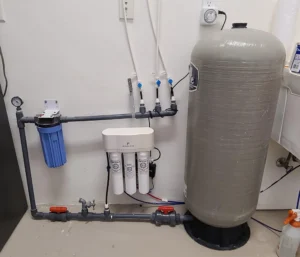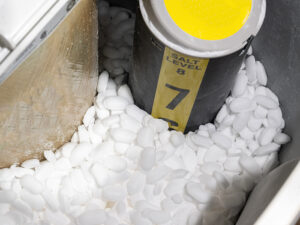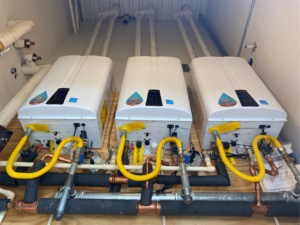How to Prevent Hot Water Scalding?
Hot water scalding is a common but dangerous problem, which cannot be ignored, especially with children, elderly, and people with disabilities around. Several reports where people scald themselves with hot water are registered throughout the year. To be specific, about 112,000 people have to visit the emergency room, and 7,000 are hospitalized every year due to scalding from tap water. It is evident, hot water scalding needs some serious consideration.
On a comforting note, the hot water scalding may be a dangerous adversary but is not that complex to fix. It can be resolved quickly, even with elementary technical knowledge and equipment. That said, it is best to contact licensed plumbers like Miller and Sons Plumbing if your water heater is not functioning well. Here are some possible fixes to prevent scalding.
What is hot water scalding, and how to prevent it?
Scalding is a type of burn caused by something wet like hot water. Usually, scalds are first or second-degree burns, but in some cases with prolonged contact, burns can be of the third degree.
Hot water scalding is vicious, as it can cause immense pain. Moreover, scalding can even send people into shock. While scalding burns can damage your skin, prolonged exposure to hot water can cause grave damages to the deep tissues. If the scorch is spread over a large area, it can be fatal.
Possible Fixes to Prevent Hot Water Scalding
Some people might think why don’t just lower the water heater temperature. Believe us, lowering the water heater temperature will make the situation worse. The water heaters are used for a reason. They are the first line of defense against various bacteria like Legionella Pnumophila, which can cause severe lung diseases. Hence, reducing the water heater temperature is not the right thing to do.
The best possible fix to prevent hot water scalding without compromising your family’s health is to use an anti-scald device.
Generally, two types of anti-scald devices are used: thermostatic mixing valves, and pressure balancing valves.
Pressure Balancing Valves
The pressure balancing valves are the most commonly used devices to prevent scalding at homes. These valves are fixed at the point-of-supply. They automatically adjust the water pressure maintaining the right mix of cold and hot water within 2-degree to 3-degree of the user’s shower control.
Suppose the cold water is used for something, and the pressure drops. In that case, the pressure-balancing valve will proportionately reduce the flow of hot water, keeping the overall temperature in balance.
Thermostatic Mixing Valves
The thermostatic mixing valve is another potent device to prevent scalds. However, it is not commonly used in the United States mainly because it is more costly than pressure-balancing valves.
The thermostatic mixing valves can either be installed inline someplace near the water heater or as an element of shower control. If the valve is used inline, it is responsible for mixing cold water to the hot water as the water leaves the heater, hence maintaining a constant temperature. The second use case of thermostatic valves allows users to set temperature while showering.
Thermostatic mixing valves will stop the flow of water if there is no cold water or the hot water’s temperature is too high.
While installing both the devices- pressure-balancing valves and thermostatic mixing valves, the installer sets a temperature limit stop to thwart people from setting control to scalding temperatures.
Besides using anti-scald devices, you should also do the following things:
- Use a thermometer or your elbow, hand, or wrist to check the water’s temperature before using it.
- Check if the water heater temperature is below or equal to 120-degree Fahrenheit, and if not, set it <120-degrees.
- While filling the bathtub, first pour the cold water, then start filling the hot water, and turn off the hot water tap first.
Home water heaters are set below 120 degrees to prevent hot water scalding. But, if your water heater is misbehaving and supplying too little or too much hot water. It is time for you to contact the Miller and Sons Plumbing. We are a team of seasoned professionals with expertise in handling all types of plumbing issues.



